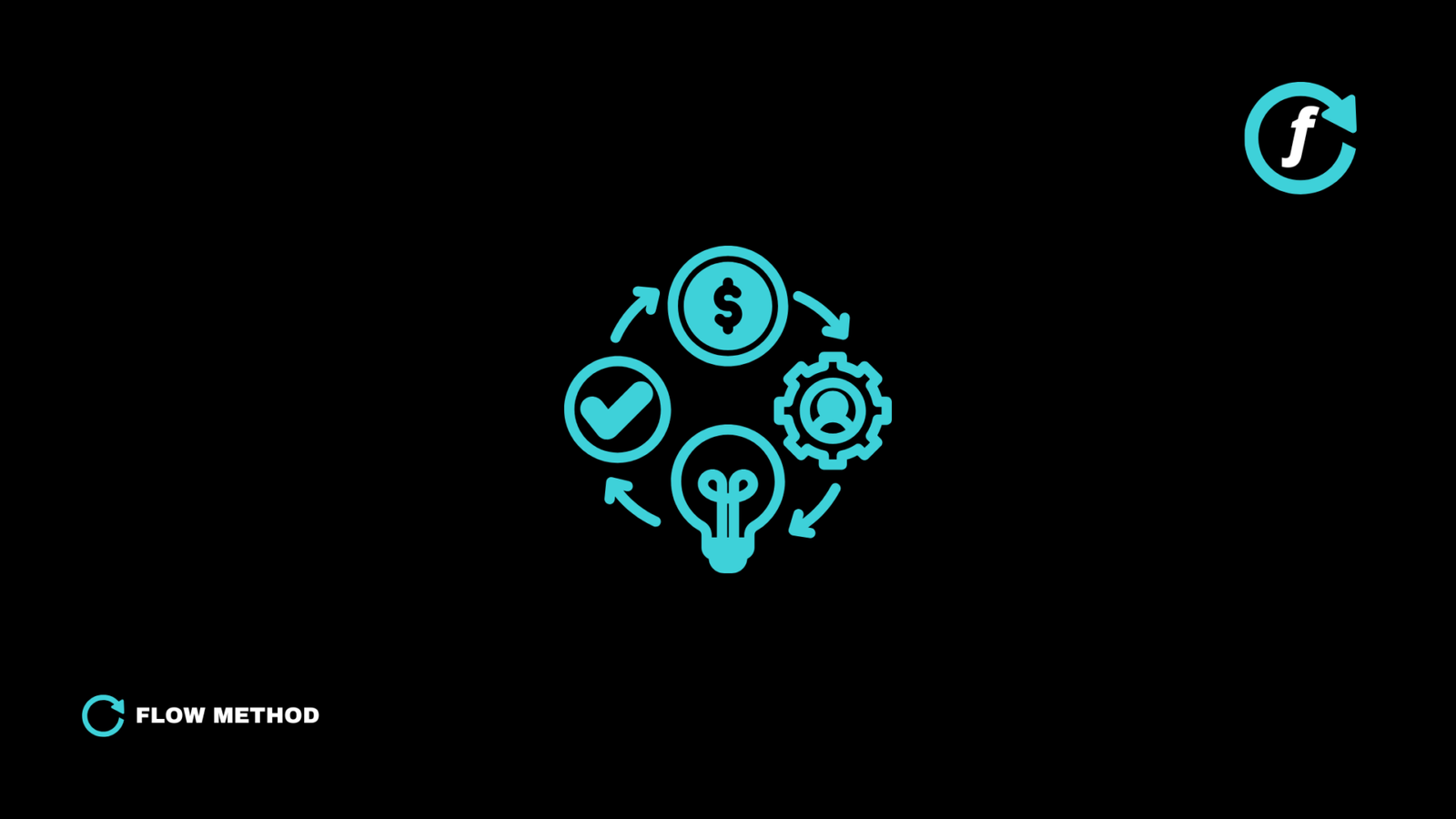When starting a business, one of the most important decisions is selecting the right type of business. Your choice affects how you create value, earn revenue, and sustain long-term success. From business models to legal structures, understanding the types of business available is key to aligning your goals with the right strategies.
In this guide, we’ll break down the most common types of business models, explore popular industries, and touch on the importance of legal structures to help you make informed decisions.
What Are Business Models?
A business model is how a business operates, delivers value, and generates revenue.
It defines your customer relationships, pricing strategies, and overall approach to the market. Choosing the right business model is essential for aligning your operations with your vision and goals.
Popular Types of Business Models
1. Product-Based Business
- Definition: A business that sells physical or digital products to customers.
- Examples: Retail stores, e-commerce platforms, and software companies.
- Key Considerations:
- Inventory management and production costs.
- Supply chain efficiency to ensure timely delivery.
2. Service-Based Business
- Definition: A business that provides expertise, labor, or skills to clients.
- Examples: Freelancers, consultants, fitness trainers, and agencies.
- Key Considerations:
- Building strong customer relationships.
- Managing time effectively to maximize revenue.
3. Subscription-Based Business
- Definition: A model where customers pay regularly for continued access to a product or service.
- Examples: Netflix, subscription boxes, and SaaS (Software as a Service) platforms.
- Key Considerations:
- Retention strategies to maintain recurring revenue.
- Offering consistent value to reduce customer churn.
4. Freemium Model
- Definition: Basic services are offered for free, with premium features available for a fee.
- Examples: Spotify, Canva, and LinkedIn.
- Key Considerations:
- Balancing free and paid features.
- Encouraging free users to upgrade.
5. Franchise
- Definition: Entrepreneurs operate a branch of an established brand under a licensing agreement.
- Examples: McDonald’s, Subway, and Anytime Fitness.
- Key Considerations:
- Adhering to brand standards and operational guidelines.
- Managing franchise fees and royalties.
6. Marketplace Model
- Definition: A platform connecting buyers and sellers.
- Examples: Amazon, Etsy, and Airbnb.
- Key Considerations:
- Building trust between platform users.
- Ensuring scalability and seamless platform functionality.
7. Affiliate Marketing and Partnerships
- Definition: Businesses earn revenue by promoting other companies’ products or services.
- Examples: Bloggers, influencers, and affiliate websites.
- Key Considerations:
- Building an audience aligned with the promoted products.
- Choosing high-quality products for long-term credibility.
Key Industries for Business
Your industry defines your market and the type of customers you serve. Popular industries for entrepreneurs include:
1. Technology
- Opportunities: SaaS platforms, app development, and AI tools.
- Challenges: Staying competitive in a rapidly evolving market.
2. Health and Wellness
- Opportunities: Fitness coaching, mental health apps, and health-tech solutions.
- Challenges: Compliance with regulations and high competition.
3. E-commerce
- Opportunities: Online stores, dropshipping, and niche product markets.
- Challenges: Inventory management and supply chain logistics.
4. Education and Training
- Opportunities: Online courses, professional certifications, and tutoring services.
- Challenges: Establishing authority in a crowded market.
5. Green and Sustainable Businesses
- Opportunities: Eco-friendly products, renewable energy, and waste reduction.
- Challenges: Higher upfront costs and strict environmental regulations.
Looking for tools to streamline your business ideas? Explore customizable templates at Flow Method Templates.
Why Business Models Matter
Choosing the right business model is about more than just making money—it’s about creating a sustainable system that aligns with your goals, resources, and audience. The most successful businesses focus on models that:
- Match Customer Needs: Providing products or services that solve specific problems.
- Enable Scalability: Growing without significant increases in costs.
- Generate Recurring Revenue: Ensuring financial stability over time.
Legal Structures for Businesses
Once you’ve identified your business model, it’s crucial to choose the right legal structure. Your legal structure impacts taxation, liability, and compliance.
1. Sole Proprietorship
- Easiest to set up but comes with unlimited personal liability.
2. Partnership
- Great for shared ownership but involves shared liability.
3. Limited Liability Company (LLC)
- Combines liability protection with flexible taxation options.
4. Corporation
- Offers strong liability protection but involves higher costs and complex compliance requirements.
5. Cooperative
- A shared ownership model, commonly used in agriculture and retail.
Choosing the right legal structure protects your business and ensures it operates within the law.
Conclusion: Align Your Business Model with Your Vision
Understanding the types of business available—whether it’s a subscription model, a service-based business, or an e-commerce venture—is the foundation for success. Pairing the right model with a solid legal structure ensures your business is not only profitable but also sustainable.
By focusing on your goals, customer needs, and scalability, you can choose the path that aligns with your vision and build a thriving business.
Ready to start or refine your business strategy? Join the Flow Method Community for personalized support:
Flow Method Community


